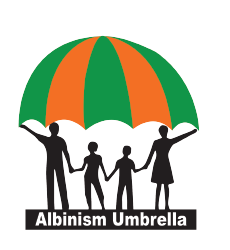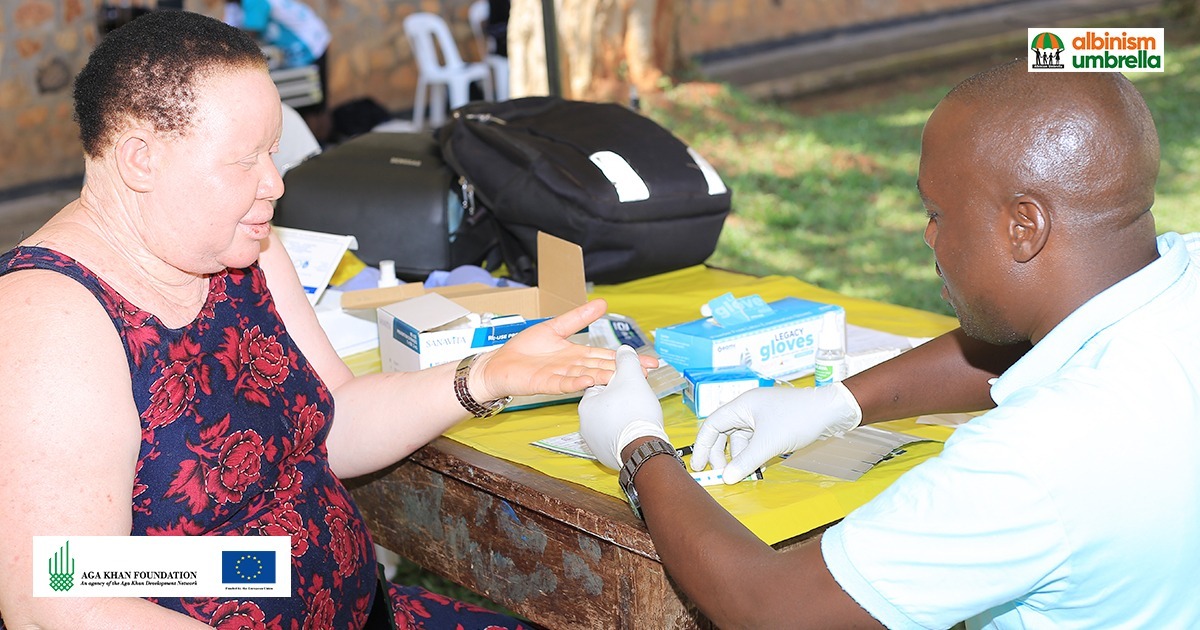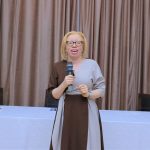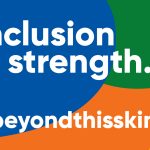With the increasing rate of deaths and deterioration of their standard of livelihood in Uganda, persons with albinism worry fir what the future has for them. In Uganda, many persons with albinism are unable to access a number of social amenities because of the myth that surround the condition which leads to discrimination and stigma. This group of marginalized individuals are denied access to medical services, education, employment and other amenities.
According to a Spatial Mapping Report carried out by Albinism Umbrella, there are approximately 1 in 20,000 people in Uganda with albinism. In Janaury 2023, Albinism Umbrella carried out a rapid assessment exercise in the districts of Kampala and Wakiso to identify the different needs of persons with albinism. The exercise reported that there were 3 major problems that stood out, namely; Poverty, Health and discrimination.
Many persons with albinism in Kampala and Wakiso live below the poverty line, making it hard for them to afford a relatively better standard of living since they do not have business and neither are they employed. Discrimination is still a major limiting factor for persons with albinism to live a life of dignity in society. They are denied access to social amenities which would impact their lives for the better.
Another finding was that most persons with albinism live below the poverty line because they are illiterate and lack an educational background to make informed decisions and also have poor health because they are neglected from accessing medical services which would help them avoid skin cancer and other consequential conditions of poor sight.
Albinism Umbrella carried out a free medical camp in both districts to curb the growing need for access to health services in these respective districts. In Kampala, it was held at the Uganda Museum while in Wakiso it took place at the Wakiso Health Centre IV. These medical camps benefited over 300 persons with albinism in those areas combined. Many health services were provided including eye check-up, skin check-up, HIV/AIDS testing and counselling among others.
Last modified: January 8, 2024













